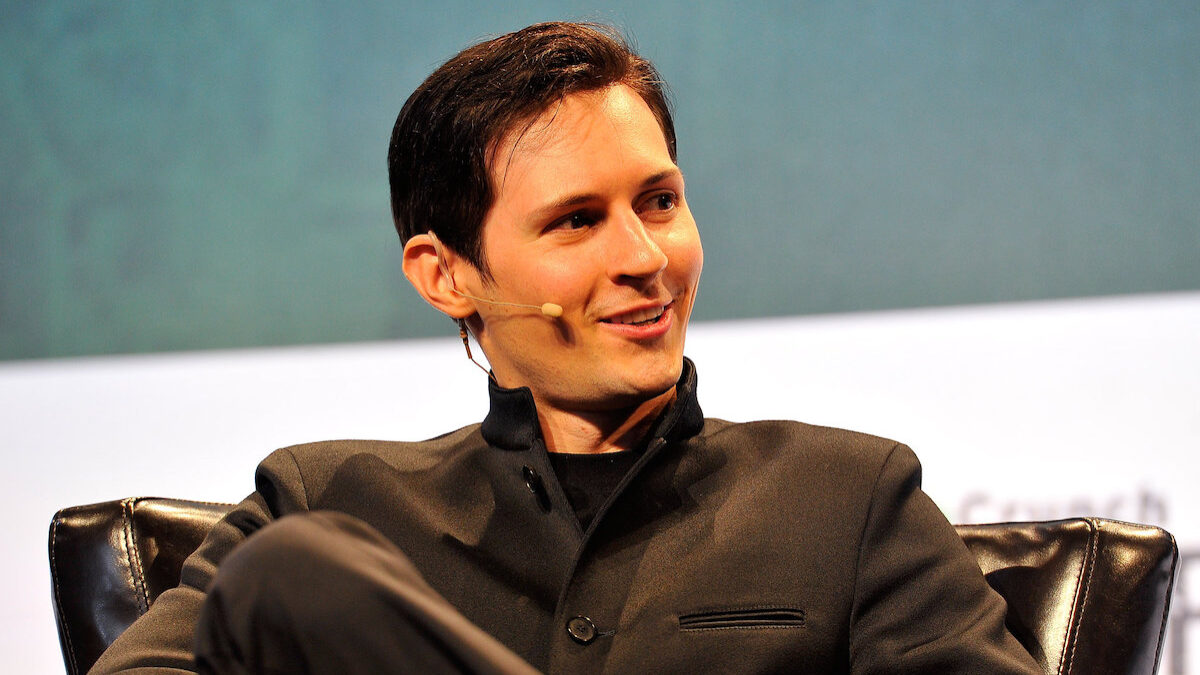
I have a vested interest in the concept of Taylor Swift.
This is true for two reasons. First, despite a decade of musical training and a serious contrarian streak, I’m an unapologetic fan of well-executed pop music. Maybe I’m merely a meta-contrarian, reflexively disdaining others’ reflexive disdain for Top 40 tunes. But there is visceral satisfaction in tracks that perfectly nail the prevailing formula. When predictable lyrics occasionally offer a clever line; when a deep, syncopated bass beat climbs atop anodyne rhythms to add a groovy edge; when the pedestrian rapper’s guest verse or the clichéd key change drops at just the right moment—I admire this not as art, so much as a feat of industrial design. Jony Ive is not a painter or a poet, but what he does with glass and metal to maximize Apple’s profits is impressive and creative in its own way. I listen to Taylor Swift in the same spirit.
Second, I am a male in his mid-twenties.
For both these reasons, I’ve appreciated Swift for some time. For years, I would face down scornful hipsters and defend her charming banality. But now even I must disembark the hype train. Swift has made a deliberate and calculated decision to turn away from what made her compelling. Her latest smash hit is aural anesthesia, and its moral message is the perfect window into how our ethics have gone off the rails.
What T-Swift Used To Get Right
Until recently, Swift built her success by striking delicate balances. Her musical aesthetic has carefully blended lite-country twang with a more mainstream pop sensibility. From older hits like “Mine” and “You Belong With Me” through her more recent singles, her output has proven more radio-friendly than most songs that seem equally genuine, and more genuine-seeming than most songs that are so radio-friendly. Similarly, Swift’s lyrics traditionally alternated between earnest (if clichéd) ruminations on heartbreak and high-energy defiance anthems aimed at doubters and exes. That oscillation between vulnerability and invincibility looks a lot like a time-series chart of adolescence itself, which helps explain why pre-teen girls worship the singer.
And for years, Swift’s public persona struck a careful balance of its own. She has enough celebrity confidence and glamor to charm the masses in the usual way. But Swift also shines a self-deprecating spotlight on her awkwardness and imperfections. She eschews aloof detachment and goes all-in on relatability, seeking the optimally marketable midpoint between cool and commonplace. She invites fans to idolize her and identify with her simultaneously.
Until recently, Swift seemed to use these powers for good. Her personal life met the bar for an inoffensive role model: If you’re a global star and the most salacious rumors about you highlight your serial monogamy, you are doing something right. Critics detected a bit of a victimization complex in Swift’s constant talk of facing down bullies and proving skeptics wrong, but few could take issue with the “go-for-it” empowerment message she deployed in response to the perceived slights.
All of this is to say that, if you were parenting a teenager who wanted to mount a T-Swift poster on her wall, at no point in the last six years would you have overruled her. That will probably still be true after “Shake It Off,” her most recent single. But while it may be harmless enough on its surface, Swift’s brand-new song stands witness to several deeply crappy features of modernity.
‘We Are Just Too Other-Focused These Days,’ Said Nobody
Ask anyone to haul out her pet complaint and name the biggest problem with “people today.” Ask as many people as you like. How many do you think will reply that we are insufficiently self-centered? That modern men and women are simply too darn wrapped up in how our actions affect other people? That we too readily subjugate what we want to the common good?
Zero. Zero people would say this.
More likely, you would hear variations on just the opposite theme. From self-styled Progressives, you would hear that a new tide of selfishness and an utter lack of foresight has broken our economy and society. We’ve incentivized short-term profiteering over sustainable capitalism that works for everyone, we’re blowing the tops off mountains to grab a few years’ worth of coal, and we are completely unable to empathize with the poor.
The conservative crowd wouldn’t agree, of course. But many would offer their own application of the same core complaint. Many would respond that everyone-gets-a-trophy-ism has deluded us. Instead of coming to grips with our flawed nature, humans now think we are special snowflakes who deserve unique accommodation and complete agency to work our will. We shirk any and all external standards, be they religious norms or social conventions, and care only about what feels right to us in our present and personal circumstances. We have made self-actualization a false God, when what people really need are principles to live by. This explains why community life has devolved into a tiresome contest over who has been wronged the most and understood the least.
Whatever your ideology, then—whether it is to ancient redwoods or ancient ethics that you feel we should subjugate our selfishness—it is impossible to survey the scene and conclude that what Americans really need to do is exalt our own selves higher still—higher above preserving the past, higher above safeguarding the future, and higher above our duties to one another.
Impossible, that is, unless you’re a certain female singer.
Swift’s Message Amounts to Moral Narcissism
In more than one way, “Shake It Off” sees Swift go all-in on modernity. This is explicitly the case on a musical level: she is telling everyone who will listen that her new album is a deliberate exit from her half-country comfort zone and a plunge into 100 percent “blatant pop music.” This explains why the song is so perfectly produced to be sterile, devoid of the quirky vulnerability that used to set Swift apart. “It’s the cleanest thing Swift has ever produced,” observes Kelsey McKinney, “a perfect pop song”—and, as a consequence, it is “vapid” and somewhat heartless compared to her earlier work.
The single where you jettison your personalized sound in favor of a painstakingly precise, hyper-produced, focus-grouped new aesthetic might seem like a curious forum for preaching that your listeners just be themselves at any cost. Yet this is the new track’s central takeaway.
In awkward prepared remarks that preceded the new song’s launch, Swift explained its ethos:
[P]eople can say whatever they want about us. At any time. And we cannot control that. The only thing we can control is our reaction to it. And I figure that we have two options. You can either let it get to you, let it change you, let it make you bitter or not trust people. Option two is, you just shake it off.
We can’t erase others’ negativity. No matter what, Swift sings, “fakers gonna fake,” “heartbreakers gonna break,” and “haters gonna hate.” Taylor’s solution is to brush off the bad vibes, deafen ourselves to the downers, and double down on our individuality. Your own standards are the only ones you should care about. The only way to really live is to go “dancing on [your] own” and “make the moves up as [you] go.”
Sadly, This Isn’t How Morality Works
The problem with this advice is that it’s horrible.
It’s easy to understand why Swift is so averse to heeding others’ judgments. She is a fashionable woman, and the concept of social stigma has gone way out of style. Today’s coastal cosmopolitans are unwilling to scorn virtually any personal behavior except the act of scorning someone’s personal behavior. To frown at a friend’s choices, even in confidence and to a third party, seems hubristic and ethically imperialistic. The prevailing wisdom says that each of us is totally free to define right and wrong for ourselves. And given this, turning up your nose at someone else’s moral choices is like insisting that everybody else always order the salad dressing that happens to be your favorite. Total jerk move.
People pay constant lip service to these sentiments. “Haters gonna hate” is not a Swift original, but a ubiquitous Millenial catchphrase. But nobody actually lives by such sentiments.
Everyone judges other people all the time. When we vent our disgust at Ray Rice, shake our fists at the Islamic State, roll our eyes at Miley Cyrus, or voice our outrage at Enron—whenever we reflect in any way on any wrongdoing, past or present—we are doing our part to enforce social stigmas. To assign the word “wrong” to any action whatsoever bears witness to an obvious moral reality: each of us does not get to make the rules up as we go.
This is not some tyrannical tradition we should regret and try to escape. When directed at truly immoral behavior, “hating” is a necessary and virtuous practice. Feeling the glow of our neighbors’ approval and the sting of their dissatisfaction has played a vital role in keeping humans in line for as long as we’ve lived in community.
There is no doubt that some particular stigmas are harmful and outmoded. But while we rightly turn away from norms that violate our core sensibilities, accepting and enforcing other stigmas is the only reason we have those sensibilities in the first place. We stigmatize against racism, against sexism, and a million other evil things. A world where everyone takes T-Swift’s advice and plugs his ears to all criticism is a world where being a rotten person bears a much smaller social cost.
There are innumerable bad behaviors that communities want to discourage but do not wish to criminalize. Most people want a culture that minimizes adultery; most people are also not eager to empower the state to punish cheating spouses through law. When operating in this grey area, humans’ innate hunger for the esteem of our fellows is the best tool at our disposal. The philosopher Roger Scruton describes social stigma as “constant, small-scale self-regulation.” Thoughtless slogans like “Don’t judge!” make us unwilling to contribute to that collective practice of course-correction. Nonsense like “Shake it off!” renders us unwilling to heed it ourselves. Both sentiments make the world worse.
The real answer is to exercise prudential judgment and comb through our society’s stigmas. We will find plenty that are outmoded and toxic, and we ought to promptly unwind them. But we will find many more that absolutely must be maintained—and plenty we’ve already discarded that deserve a second look.
Bettering ourselves is a difficult task. Happily, though, we are in it together. Our friends, our families, and even strangers play vital roles in nudging us towards time-tested ideals of right action and ethical behavior. It is a blessing to be praised when we do good, and yes, it is a blessing to be criticized when we genuinely screw up. The way to serve the common good is to cultivate more empathy, more kindness, and more openness. Me-first moral narcissism is the problem, not the solution.
Old Taylor Swift understood this. Old Taylor Swift was actually quite the moralist, devoting whole songs to condemn hurtful behaviors. But in “Shake It Off,” Swift uses her platform to inveigh against the act of condemnation itself. That makes her ethical message as generic, as limp, and as lifeless as the song that serves as its vector.
What a waste.









